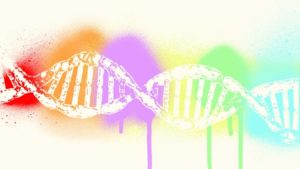
ASOs clear toxic protein from cells, reducing ataxia in SCA2 mice
Written by Anna Cook and Dr. Alanna Watt Edited by Dr. Vitaliy V. Bondar Scientists uncover a promising therapeutic avenue to treat spinocerebellar ataxia type 2 (SCA2). Spinocerebellar ataxia type 2 (SCA2) is a progressive ataxia caused by a mutation in the ATXN2 gene. This mutation causes a tract of the amino Read More…











